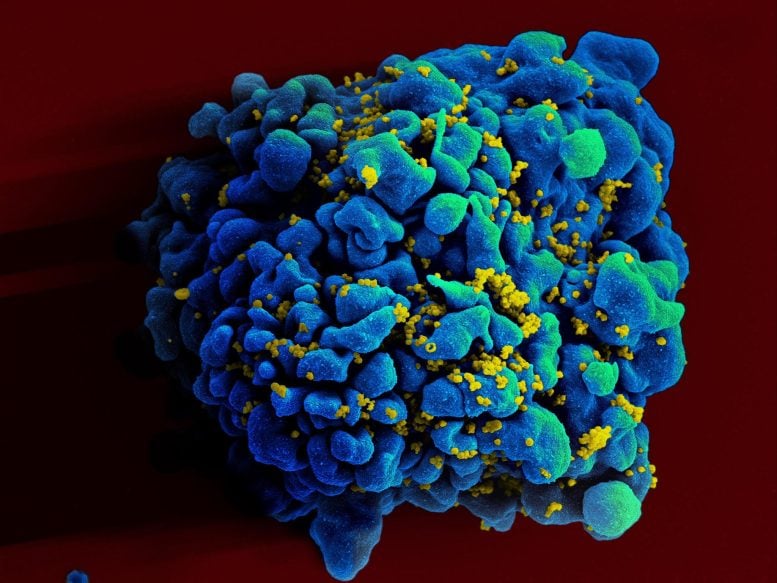
HIV-infected H9 t-cell. Credit: NIAID
MitoQ, a publicly accessible dietary supplement that acts as a mitochondrial antioxidant, was discovered through a mouse study to counteract the harmful impacts that HIV and antiretroviral therapy (ART) inflict on the mitochondria within the brain, heart, aorta, lungs, kidney, and liver.
The research team employed a molecular technique to calculate the proportion between human and murine mitochondrial (mtDNA) and nuclear DNA (ntDNA), a key indicator of mitochondrial dysfunction. A decrease in this ratio signals impaired mitochondrial function. Relative to their healthy counterparts, mice infected with HIV and treated with ART demonstrated mitochondrial dysfunction in human immune cells across various organs including the brain, heart, liver, lungs, and gut.
ART itself also affected mitochondrial function in mouse heart cells. When treated with MitoQ for 90 days, HIV-infected mice had reduced mitochondrial dysfunction in organs compared to HIV-infected mice on ART.
Background
Mitochondria are the key cell structures that are important for the smooth function of organs such as the brain, heart, liver, and kidney. HIV causes a chronic state of inflammation and immune dysfunction that contribute to organ damage organs. The reasons for this are unclear, but it is known that mitochondrial dysfunction contributes to organ damage and is present in chronic HIV. There are no therapies for HIV-associated diseases that affect organs such as the brain, heart, and liver.
Methodology
The researchers used humanized mice, which have human immune cells that can be infected with HIV. They infected them with the virus, treated them with ART consisting of tenofovir disoproxil fumarate, emtricitabine, and raltegravir, then fed them MitoQ through drinking water for three months. The control mice were not given MitoQ.
The researchers note that humanized mice do not exactly recreate HIV infection in humans. Also, the infected mice were exposed to both the virus and the ART and they could not dissect the exact contribution of the virus versus the ART to mitochondrial dysfunction in human cells.
Impact
These preclinical findings could serve as the foundation for clinical trials in humans with HIV.
Commentary
“MitoQ is a diet supplement that is known to be safe in humans and is readily available for use,” said senior author Dr. Theodoros Kelesidis, associate professor of medicine in the division of infectious diseases at the David Geffen School of Medicine at UCLA. “Our findings support clinical trials of MitoQ in people with HIV who take antiretrovirals to determine whether it can be a potential treatment for comorbidities associated with chronic HIV infection. Until then people with HIV should not take this diet supplement for treatment of any conditions associated with HIV infection.”
Reference: “Mitoquinone Mesylate and Mitochondrial DNA in End Organs in Humanized Mouse Model of Chronic Treated Human Immunodeficiency Virus Infection” by Sihyeong Song, Sandro Satta, Madhav B Sharma, Cristelle Hugo, Athanassios Kossyvakis, Shubhendu Sen Roy and Theodoros Kelesidis, 24 March 2023, The Journal of Infectious Diseases.
DOI: 10.1093/infdis/jiad044
The study was funded by the National Institutes of Health, the California HIV/AIDS Research Program, and the Campbell Foundation.

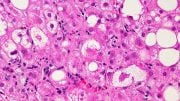

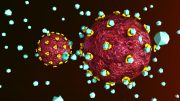
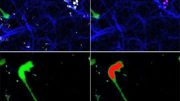
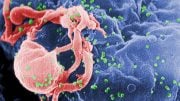
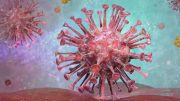
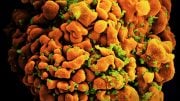
Be the first to comment on "Readily Available Dietary Supplement Reverses HIV-Related Organ Damage in Preclinical Trials"